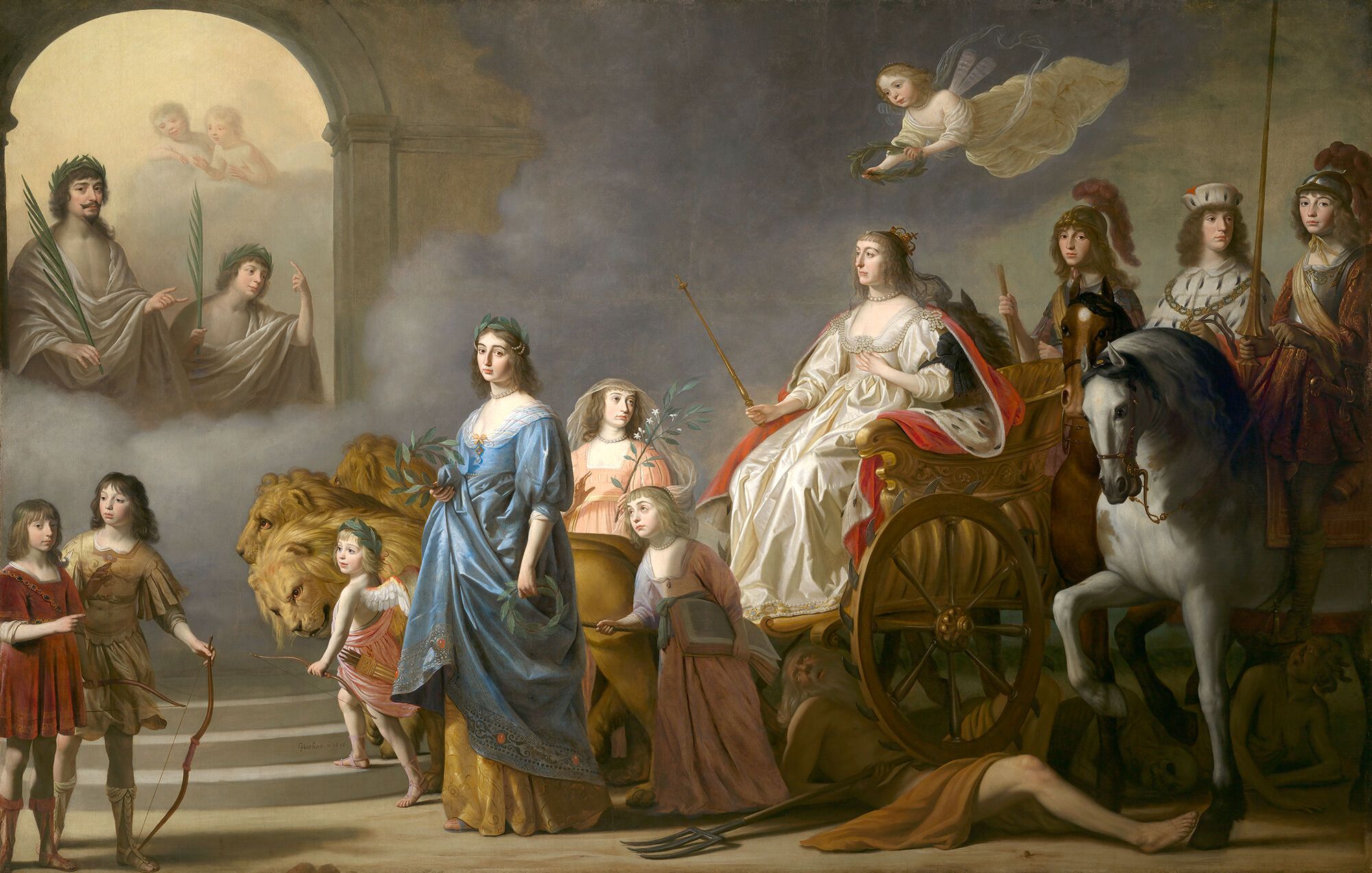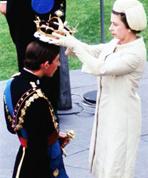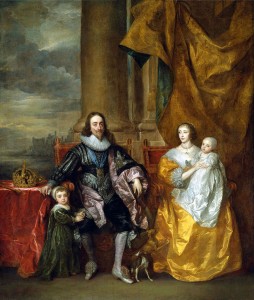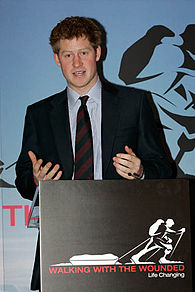My New Year’s Resolution for 2018 is to read a book (or listen to an unabridged audiobook) every day: 365 books by December 31. I will post my reviews here each week and provide regular updates on Twitter and Goodreads. Recommendations are always welcome!
Week 37: The House of Windsor In recent weeks, I have read numerous books about the modern royal family including innovative new biographies of two of the most controversial members of the royal family in the 20th century: King Edward VIII and Princess Margaret. I also read a novel inspired by the Duke and Duchess of Cambridge, scholarly studies of broader themes in the history of the monarchy such as the establishment of the House of Windsor and royal last wills and testaments, a history of Anglo-Russian royal visits during the reign of Czar Nicholas II and a Canadian perspective on the Queen Mother. Here are this week’s reviews:
 #253 of 365 Edward VIII: An American Life by Ted Powell
#253 of 365 Edward VIII: An American Life by Ted Powell
Date Read: October 1, 2018
Genre: History/Biography
Acquired: Received a Review Copy
Format: Hardcover, 322 pages
Review: A fresh perspective on King Edward VIII that examines the impact of American society and culture on his life and brief reign. The book includes excellent analysis of British vs. American press coverage of Edward’s activities as Prince of Wales, which remains relevant to present day royal coverage. There are also insightful conclusions concerning Edward’s inner turmoil and the increasing conflict between his public and private lives during his years as Prince of Wales, which eventually culminated in the abdication crisis once he succeeded to the throne in 1936.
The subtitle of the book, An American Life, however, does not quite capture the complexity of the material. The early chapters are more focused on Canada including his popular 1919 Canadian tour and his purchase of a ranch in Alberta. There are numerous instances of Edward describing his affinity to Canada rather than the United States quoted in the book. Edward’s public role was different in Canada than in the United States and there are also cultural differences. A little more analysis of Edward’s shift from an identification with Canadians to a more American social circle would have enhanced the book.
Edward’s visits to the United States after the abdication crisis are passed over quickly and I would have been interested to read more about this period of Edward’s life, including his term as Governor of the Bahamas. Edward VIII: An American Life is a thought provoking read that might have been better titled “King Edward VIII Abroad” as it goes beyond the United States to place Edward in the context of popular opinion in the wider British Empire and Dominions in the 1920s and 1930s.
 #254 of 365 Ninety-Nine Glimpses of Princess Margaret by Craig Brown
#254 of 365 Ninety-Nine Glimpses of Princess Margaret by Craig Brown
Genre: Biography
Date Listened: September 12-13, 2018
Acquired: Purchased from Audible.com
Format: Audiobook, 12 hours and 23 minutes
Review: A biography of Princess Margaret assembled from more than 99 perspectives on her life from the Home Secretary who witnessed her arrival at Glamis Castle in 1930 to the Christie’s auction catalog of her possessions at the time of her death in 2002. In between, Margaret struggled to find a satisfying public role, decided not to marry the divorced Peter Townsend amidst constitutional controversy, endured a turbulent marriage to Antony Armstong-Jones, Earl of Snowdon, spent holidays in Mustique, was asked to leave an event by a Beatle and snubbed Elizabeth Taylor. The anecdotes assembled in the book are entertaining, irreverent and sometimes inappropriate.
Although Margaret burned most of her correspondence, she was mentioned in the memoirs and diaries of numerous prominent figures over the course of the second half of the 20th century and always made an impression. The author draws upon a wide range of sources including his own musings about how her life would have unfolded if she had made a different marriage or become queen instead of her sister. However, there are key perspectives missing. Margaret traveled extensively around the Commonwealth but voices from these tours are limited. The absence of Canadian, Australian or Caribbean sources is notable.
Brown mentions that Margaret loved her children, encouraged them to pursue careers of their choice and that they have successful lives. Their thoughts concerning their mother are entirely missing from the narrative. Ninety-Nine Glimpses of Princess Margaret is an engaging, innovative but incomplete portrait of the Princess. The audiobook narrator, Eleanor Bron, manages a full range of British accents from clipped royal tones to the Liverpool voices of the Beatles.
 #255 of 365 The Royal We by Heather Cocks and Jessica Morgan
#255 of 365 The Royal We by Heather Cocks and Jessica Morgan
Genre: Fiction
Dates Listened: September 14-18, 2018
Acquired: Purchased from Audible.com
Format: Audiobook, 17 hours and 54 minutes
Review: A fun royal romance inspired by William and Catherine, Duke and Duchess of Cambridge. While the characters are fictional, the authors have clearly researched the ambiance of Windsor Castle and Buckingham Palace as well as the intense public scrutiny faced by the royal family and their social circle. At the centre of the novel is what happens when a regular person used to a private life becomes involved in a royal romance and is suddenly being literally chased through London by paparazzi. The authors have great fun with the way royal rumours circulate in the press. For example, “Some people swear Nicholas has a wooden leg and that’s why he never plays polo anymore.” The novel is filled with entertaining details satirizing the British upper classes. The couple’s Oxford classmate Penelope six names gets married and becomes Penelope eight names!
I especially enjoyed the royal couple’s group of university friends who do their best to form a protective bubble around them including Gaz (short for Garamonde, grandson of the man who invented the namesake font) and Joss, whose avant garde fashion designs always attract headlines. Trouble comes when one of these friends decides to make his career as a journalist by publicizing a royal scandal. Freddie (based on Prince Harry) is always charming and mischievous and finds himself at the centre of a few royal scandals of his own. A very entertaining novel that is especially enjoyable for readers who follow royal news!
 #256 of 365 The Windsor Dynasty 1910 to the Present: ‘Long to Reign Over Us’? edited by Matthew Glencross, Judith Rowbotham and Michael D. Kandiah
#256 of 365 The Windsor Dynasty 1910 to the Present: ‘Long to Reign Over Us’? edited by Matthew Glencross, Judith Rowbotham and Michael D. Kandiah
Date Read: September 19, 2018
Genre: History and Politics
Format: E-Book, 299 pages
Acquired: Borrowed from Robarts Library, University of Toronto
Review: An excellent collection of scholarly articles concerning the enduring survival of the House of Windsor from the accession of King George V to the present day, a period that saw the overthrow of numerous other European monarchies. The contributors argue that the British monarchy should be taken seriously as a political insitution rather than being dismissed as an anachronism or a tourist attraction. The unique qualities that differentiated the Windsor monarchs from their predecessors are emphasized over the course of the book. Both King George V and King George VI were second sons who were educated for naval careers rather than kingship and they approached the role of king as a duty to the nation rather than a personal privilege, an outlook shared by Queen Elizabeth II.
There are numerous chapters concerning the mutually beneficial relationship between the monarchy and the military from the First World War to the careers of Prince William and Prince Harry in the 21st century. The surprisingly recent emergence of opinion polls concerning the popularity of the monarchy is the subject of a fascinating chapter. The constitutional advice received by King Edward VIII during the abdication crisis of 1936 also receives a thorough critique. Essential reading for anyone interested in British history and the modern monarchy.
 #257 of 365 Imperial Tea Party by Frances Welch
#257 of 365 Imperial Tea Party by Frances Welch
Genre: History
Date Read: September 21, 2018
Acquired: Purchased from Amazon.ca
Format: Hardcover, 288 pages
Review: An enjoyable book about the three major Anglo-Russian royal visits during Czar Nicholas II’s reign: Balmoral in 1896, Reval (now Tallinn, Estonia) in 1908 and Cowes in 1909. Welch captures the atmosphere of the tours with the heightened security surrounding the presence of the Russian Imperial family in Britain, misunderstandings between Russian and British officials, excited newspaper articles about large royal family gatherings and relations between the individual members of the Russian and British royal houses. The chapters are organized according to the daily itineraries of the visits. There are numerous anecdotes about the Russian Imperial children including Queen Alexandra’s efforts to match her grandson, the future King Edward VIII, with one of Czar Nicholas’s daughters.
The wider political context surrounding these royal visits, however, is summarized quickly and the brief account of George V’s reluctance to provide refuge for the Romanovs in Britain does not take into account the latest books about these complicated circumstances, including Helen Rappaport’s 2018 book The Race to Save the Romanovs. Imperial Tea Party is a good book that could have been even better with more political context and sources.
 #258 of 365 The Queen Mother and Her Century by Arthur Bousfield and Garry Toffoli
#258 of 365 The Queen Mother and Her Century by Arthur Bousfield and Garry Toffoli
Date Read: September 25, 2018
Genre: Biography
Acquired: Borrowed from Robarts Library, University of Toronto
Format: E-Book, 177 pages
Review: A Canadian perspective on the Queen Mother, written at the time of her 100th birthday. The book is richly illustrated with photographs and memoribilia from royal tours in addition to formal royal portraits. There are detailed itineraries of the Queen Mother’s Canadian tours, especially her 1939 tour with King George VI, which include the press coverage of the time. The impact of Canada on the royal family’s public image and approach to Commonwealth tours also receives extensive attention. For example, the nickname “Queen Mum” first appeared in print during a 1954 Canadian tour. The book was published in 2000 and is slightly dated today as the Queen Mother’s official biography and selections from her correspondence have been published since then, providing more details concerning her life and travels. Nevertheless, a good overview of the Queen Mother’s relationship with Canada with some rarely seen illustrations.
 #259 of 365
#259 of 365
Dates Read: September 27-30, 2018
Genre: History
Acquired: Borrowed from Robarts Library, University of Toronto
Format: E-Book, 225 pages
Review: A good analysis of key themes in the history of last royal wills and testaments. Nash examines how royal wills were a means of establishing the difference between state and personal property, and expressing preferences concerning the succession. Distinct themes in the history of wills drafted by royal women are also highlighted in the text. Since royal wills have been sealed since 1911, there is little new information concerning modern royal wills beyond observing that the recipients of certain bequests, such as the Burmese ruby bracelet owned by Queen Victoria’s daughter Princess Louise, remain unknown. I would have been interested to read more about the structure of early royal wills and how they were drawn up and witnessed. There is some very interesting material in this book but due to restrictions on source material, a complete history of royal wills has yet to be written.

















